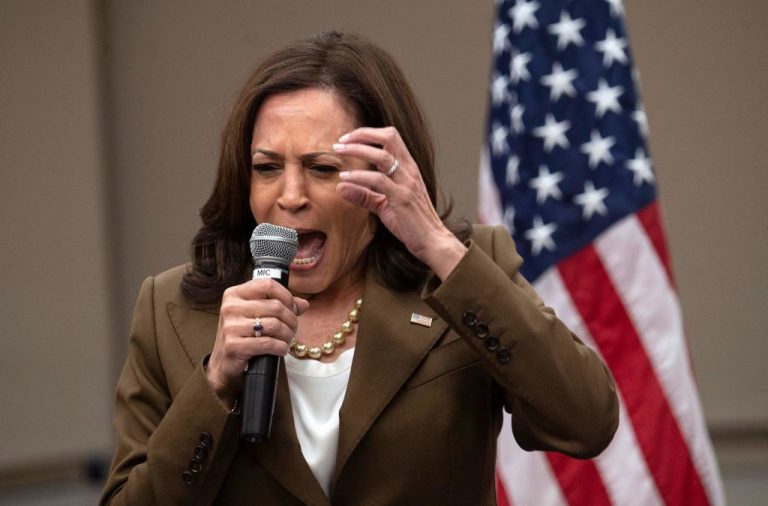After the Biden-Harris administration outlined strict eco-friendly eligibility rules for its lucrative $100 billion hydrogen production tax credit late last year, it immediately touted a passionate endorsement from the Pennsylvania-based energy corporation Air Products.
“[These rules] will be essential to delivering real emissions reductions, creating the stimulus for broader investments across the hydrogen value chain, and cementing the U.S.’s global climate leadership,” Air Products president and CEO Seifi Ghasemi said in a Dec. 22 statement. The administration blasted out Ghasemi’s praise—an anomaly in the hydrogen industry, which largely opposed the proposed rules—in a Treasury Department press release, which also highlighted a letter Air Products sent days earlier that called for stringent “climate-aligned” rules governing which projects can receive the tax credit.
But the company’s main green hydrogen investment is an $8.5 billion under-construction facility located not in the United States, but in Saudi Arabia, according to a Washington Free Beacon review of financial filings. The company is developing the project as a joint venture with two Saudi government-tied companies but remains its primary beneficiary, according to SEC filings.
Last year, Ghasemi said he hoped the majority of the hydrogen produced at the Saudi-based “mega project” would be exported to Europe and California. His company went on to announce that it was indefinitely pausing its largest investment in North America, a green hydrogen project being developed in Texas. That decision leaves Air Products with only one project that could be eligible for the hydrogen production tax credit: a tiny 10 metric ton-per-day facility in Arizona set to come online this year.
Air Products’s substantial investment in green hydrogen production overseas—and lack of active investment in domestic production—raises questions about its enthusiasm for strict eligibility requirements governing the tax credit, which was established under the Inflation Reduction Act, the Biden-Harris administration’s flagship climate bill. Industry groups say the proposed requirements could kneecap domestic production, thus protecting Air Products’s imports from Saudi Arabia against U.S. competition. […]
— Read More: freebeacon.com
- Gold SKYROCKETED during Trump’s first term and is poised to do it again. Find out how Genesis Precious Metals can help you secure your retirement with a proper self-directed IRA backed by physical precious metals.


